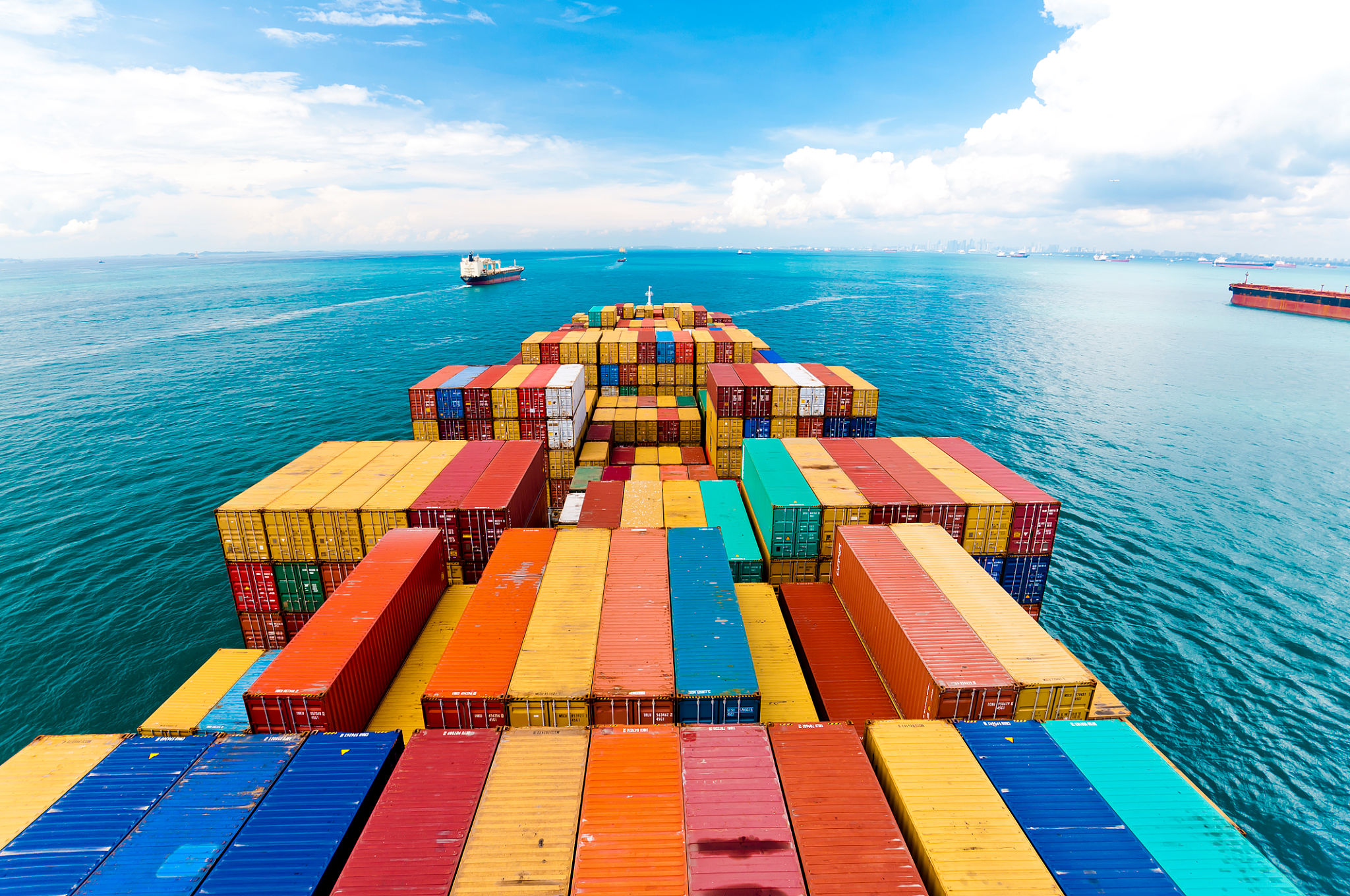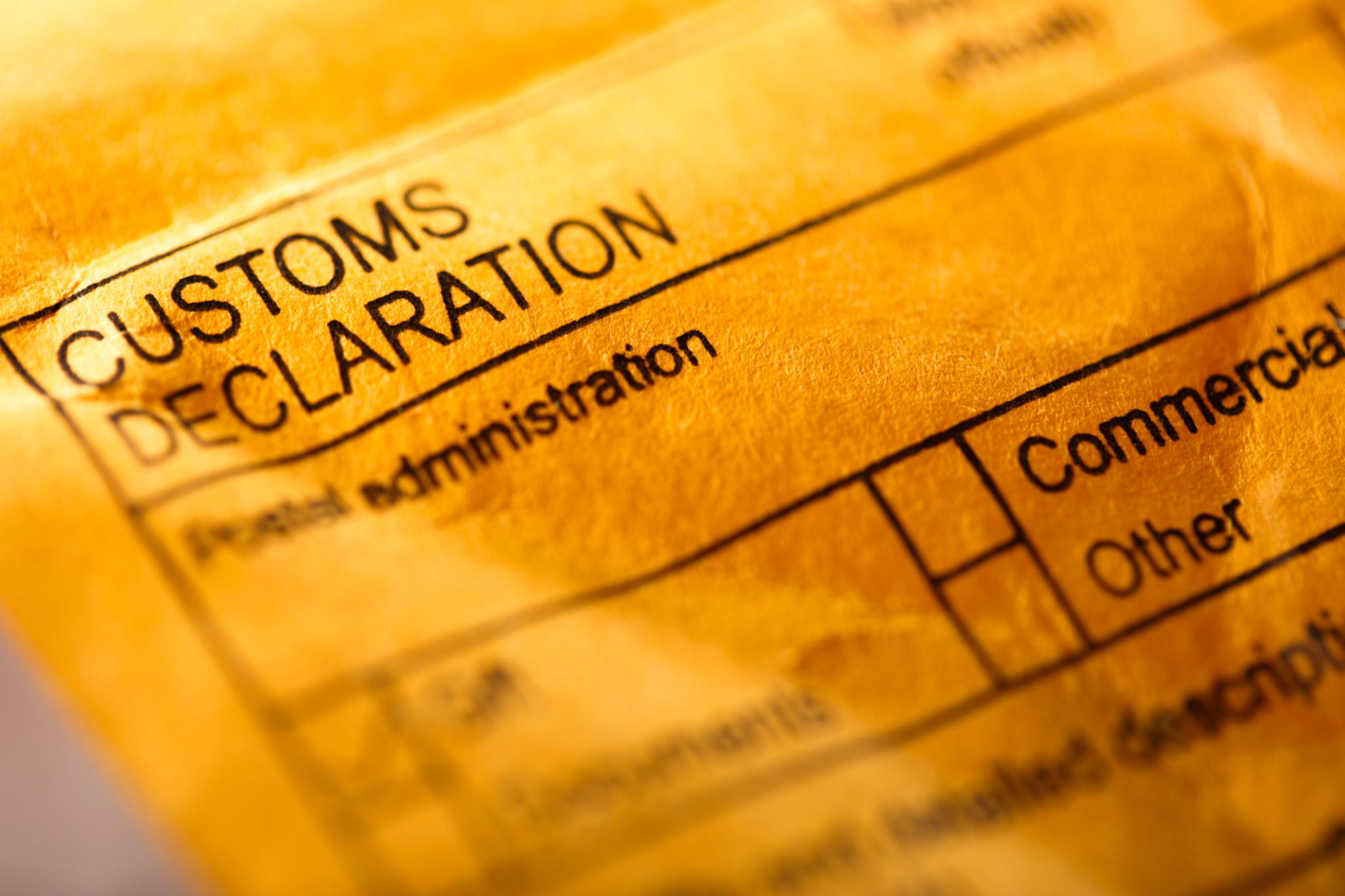Understanding Malaysian Shipping Regulations: What Businesses Need to Know
Introduction to Malaysian Shipping Regulations
Understanding shipping regulations is crucial for businesses involved in international trade, especially those operating in Malaysia. These regulations ensure that trade practices are efficient, safe, and environmentally friendly. For businesses, staying informed about Malaysian shipping regulations can mean the difference between a smooth operation and costly delays.
Malaysia, strategically located in Southeast Asia, is a vital hub for maritime trade. It boasts some of the world's busiest ports, such as Port Klang and the Port of Tanjung Pelepas. As a result, the country has established comprehensive regulations to manage the flow of goods through its waters.

Key Regulatory Bodies
Several key regulatory bodies govern shipping in Malaysia. The Marine Department Malaysia is responsible for implementing and enforcing maritime laws. This includes vessel registration, safety inspections, and pollution control. Meanwhile, the Royal Malaysian Customs Department oversees customs duties and tariffs, ensuring compliance with import and export regulations.
Another important organization is the Ministry of Transport Malaysia, which formulates policies related to maritime transport. Understanding the roles of these bodies is crucial for businesses to navigate the regulatory landscape effectively.
Essential Shipping Documents
Compliance with Malaysian shipping regulations begins with the proper documentation. Businesses must prepare and submit several key documents when shipping goods to or from Malaysia. These include:
- Bill of Lading: A legal document between the shipper and carrier detailing the type, quantity, and destination of the goods.
- Commercial Invoice: A statement providing details about the transaction between the buyer and seller.
- Packing List: A document listing the contents of each package in the shipment.
Ensuring these documents are accurate and complete can prevent delays and penalties.

Customs Procedures and Tariffs
The customs procedures in Malaysia are designed to facilitate trade while protecting national interests. Import duties and taxes are levied on goods entering the country, based on their HS codes and valuation. Businesses must ensure they have the correct harmonized codes for their products to avoid discrepancies.
Malaysia also offers various duty exemptions and incentives under specific circumstances. For example, goods imported for manufacturing under the Free Trade Zone (FTZ) status may be eligible for exemptions. Understanding these options can help businesses reduce costs.
Environmental Regulations
Malaysia is committed to sustainable maritime practices, which is reflected in its environmental regulations. The country has adopted measures to prevent marine pollution from ships through initiatives like the International Convention for the Prevention of Pollution from Ships (MARPOL).
Businesses must ensure their vessels comply with these environmental standards, including proper waste management and emission controls. Non-compliance can result in hefty fines and reputational damage.

Navigating Challenges in Shipping
Despite comprehensive regulations, businesses may still face challenges such as delays due to congestion at ports or disruptions in global supply chains. To mitigate these issues, companies should maintain open communication with shipping agents and regulatory bodies.
Additionally, leveraging technology like automated tracking systems can provide real-time updates and help streamline operations. Staying proactive in addressing potential challenges ensures that businesses can maintain a competitive edge.
Conclusion
Understanding Malaysian shipping regulations is essential for businesses engaged in international trade. By familiarizing themselves with key regulatory bodies, essential documents, customs procedures, and environmental standards, companies can navigate this complex landscape more effectively.
Staying updated with changes in regulations and adopting best practices will not only ensure compliance but also optimize shipping operations. As Malaysia continues to play a significant role in global trade, a thorough understanding of its shipping regulations will be invaluable for businesses aiming for success in this dynamic market.